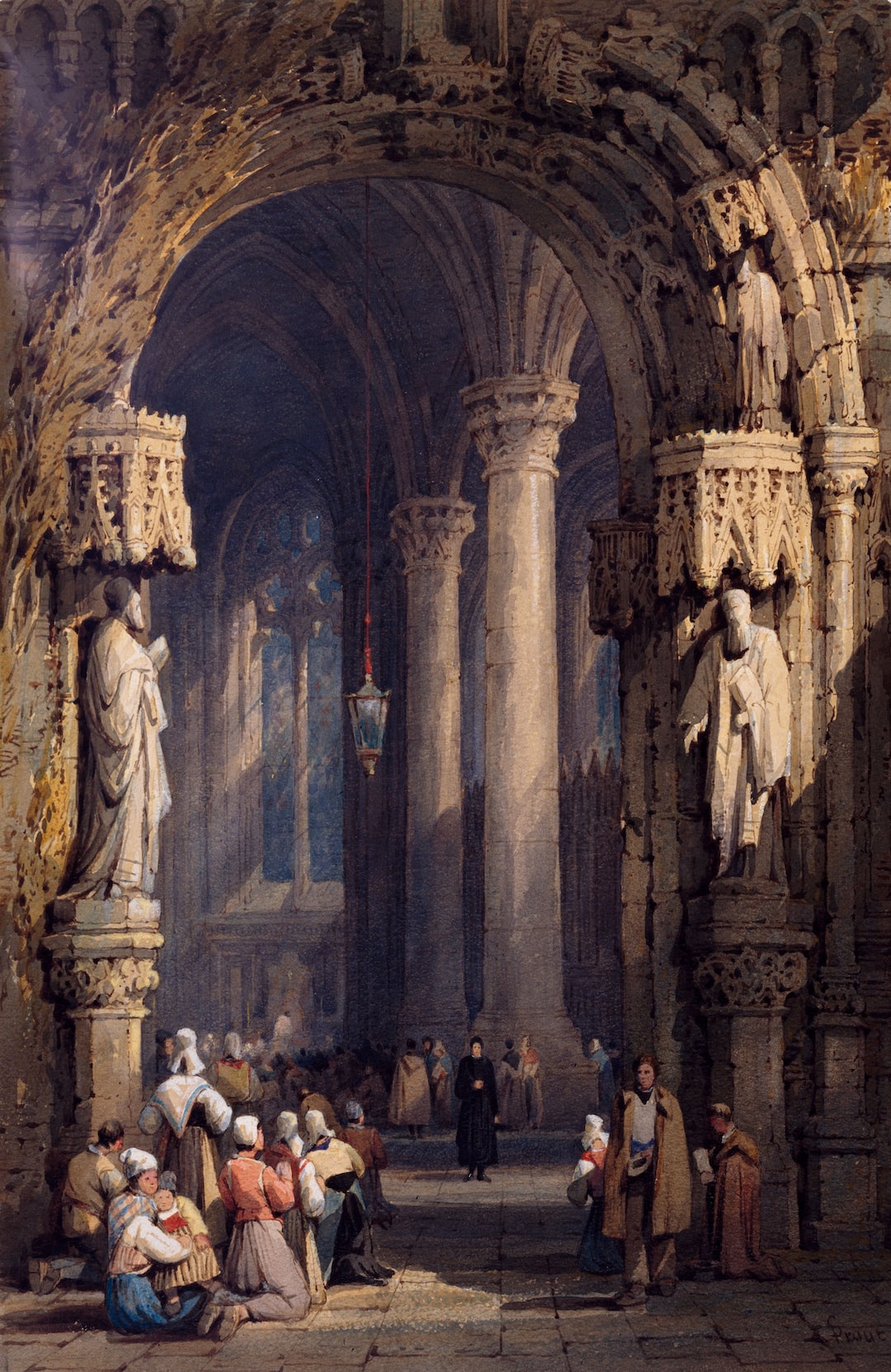The Importance of Religious Tolerance in a Pluralistic Society
In today’s diverse and interconnected world, it is crucial to embrace religious tolerance to foster peace, harmony, and understanding among individuals of various faiths and beliefs. Pluralistic societies, where people from different cultural backgrounds coexist peacefully, require religious tolerance as a fundamental principle to ensure social cohesion and sustainable development.
Religious tolerance is the acceptance and respect of other people’s religious beliefs and practices, even if they differ from one’s own. It is an attitude that recognizes the value of diversity and seeks to build bridges of understanding instead of walls of hostility. Engaging in religious tolerance enables us to create a pluralistic society that thrives on mutual respect, cooperation, and acceptance.
First and foremost, religious tolerance is essential for maintaining peace within a society. By embracing differences in religious beliefs, communities can avoid conflicts and promote harmonious coexistence. History has shown us the devastating consequences of religious intolerance, from ancient religious wars to modern-day conflicts. When individuals or groups are intolerant towards others based on religion, it often leads to division, hatred, discrimination, and even violence. However, when religious tolerance is prioritized, peace becomes the foundation upon which a society can flourish.
Religious tolerance is also crucial for the promotion of human rights and freedom. Every individual has the inherent right to practice their chosen religion or belief system freely and without persecution. By embracing religious tolerance, societies create an environment where individuals are free to express their faith, whether it be through worship, rituals, or dress, without fear of discrimination or oppression. True religious tolerance recognizes and protects these fundamental human rights, ensuring that everyone has the freedom to practice their religion or belief system according to their conscience.
Furthermore, religious tolerance fosters social harmony and unity. In a pluralistic society, individuals from different religious backgrounds come together to form a diverse community. By embracing religious tolerance, we demonstrate respect for each other’s beliefs and foster an atmosphere of inclusivity and acceptance. This allows for the development of strong social connections, as people can connect and interact based on shared values and aspirations, rather than being divided by religious differences. Such unity strengthens the social fabric of a society, promoting cooperation, empathy, and collaboration towards shared goals.
Religious tolerance also encourages dialogue, understanding, and the exchange of ideas. When individuals are open-minded and willing to listen to perspectives different from their own, meaningful conversations can take place. This dialogue allows for the exploration of common values and shared concerns, promoting mutual understanding and dispelling misconceptions. By engaging in open conversations, individuals can challenge their own biases, broaden their perspectives, and develop empathy towards those from different faiths. This understanding leads to a more inclusive society, where diverse voices are heard, respected, and valued.
Finally, religious tolerance is vital for the sustainable development of a pluralistic society. In a world where globalization has created connections between previously disconnected cultures, religious diversity is no longer an exception but a reality. By cultivating religious tolerance, societies are better equipped to leverage the benefits of this diversity. The exchange of ideas, cultural practices, and different ways of thinking can drive innovation, creativity, and social progress. Religious tolerance allows for the integration of diverse perspectives and the harmonization of various cultural traditions, leading to enriched societal development.
In conclusion, religious tolerance is of utmost importance in maintaining peace, fostering social harmony, and promoting sustainable development in a pluralistic society. By embracing and valuing cultural and religious diversity, we build bridges of understanding and respect. Through religious tolerance, we create an inclusive society where all individuals can freely express their beliefs, and their contributions are cherished. Let us strive for a world where religious tolerance is the cornerstone of our interactions, allowing peace, unity, and progress to flourish.
